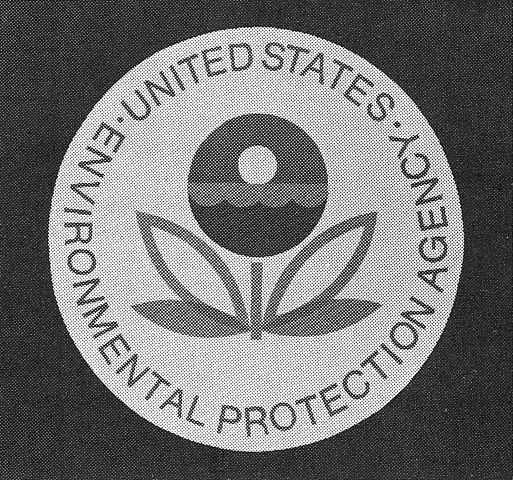
Cancer Questions, Controversy and Chorus at EPA Glyphosate Meetings
In terms of entertainment value, the Environmental Protection Agency had it all this week.
The agency held a four-day-long gathering of scientists aimed at the rather dry task of analyzing numerous research studies connected to cancer concerns swirling around a chemical called glyphosate.
December 16, 2016 | Source: The Huffington Post | by Carey Gillam
In terms of entertainment value, the Environmental Protection Agency had it all this week.
The agency held a four-day-long gathering of scientists aimed at the rather dry task of analyzing numerous research studies connected to cancer concerns swirling around a chemical called glyphosate. Glyphosate is the world’s most widely used herbicide and is the key ingredient in Monsanto Co.’s Roundup brand. But along with the slicing and dicing of data came razor sharp debate, questions about chemical industry influence over regulators, and even a bit of theater as one group of environmental activists interrupted proceedings to break out in song. Their refrain? “Monsanto is the Devil. No Glyphosate.”
The meetings brought together a roster of scientists with expertise in epidemiology, toxicology and related expertise to advise the EPA on whether or not the agency has properly determined that the weight of evidence indicates glyphosate is “not likely to be carcinogenic” to humans. The determination runs counter to the classification made in March 2015 by the International Agency for Research on Cancer (IARC), an arm of the World Health Organization. IARC said a review of scientific research shows that glyphosate is a “probable human carcinogen.”
The EPA’s determination is crucial on many fronts – Monsanto is currently defending itself against more than three dozen lawsuits claiming glyphosate-based Roundup gave people non-Hodgkin lymphoma (NHL), a type of blood cancer; both the EPA and the European Union are assessing re-registrations of glyphosate to determine if limits should be placed on the chemical; and Monsanto is attempting a $66 billion merger with German-based Bayer.
